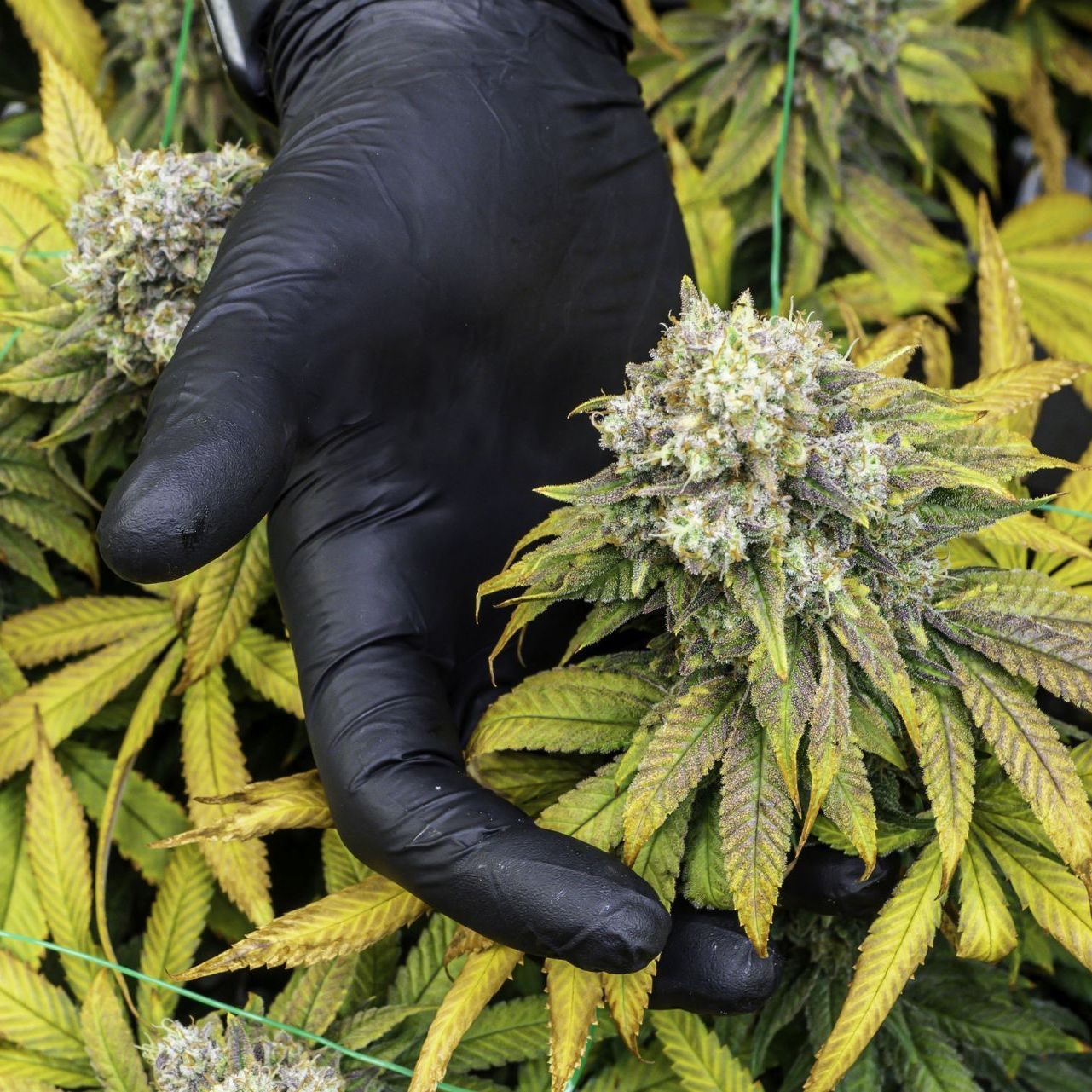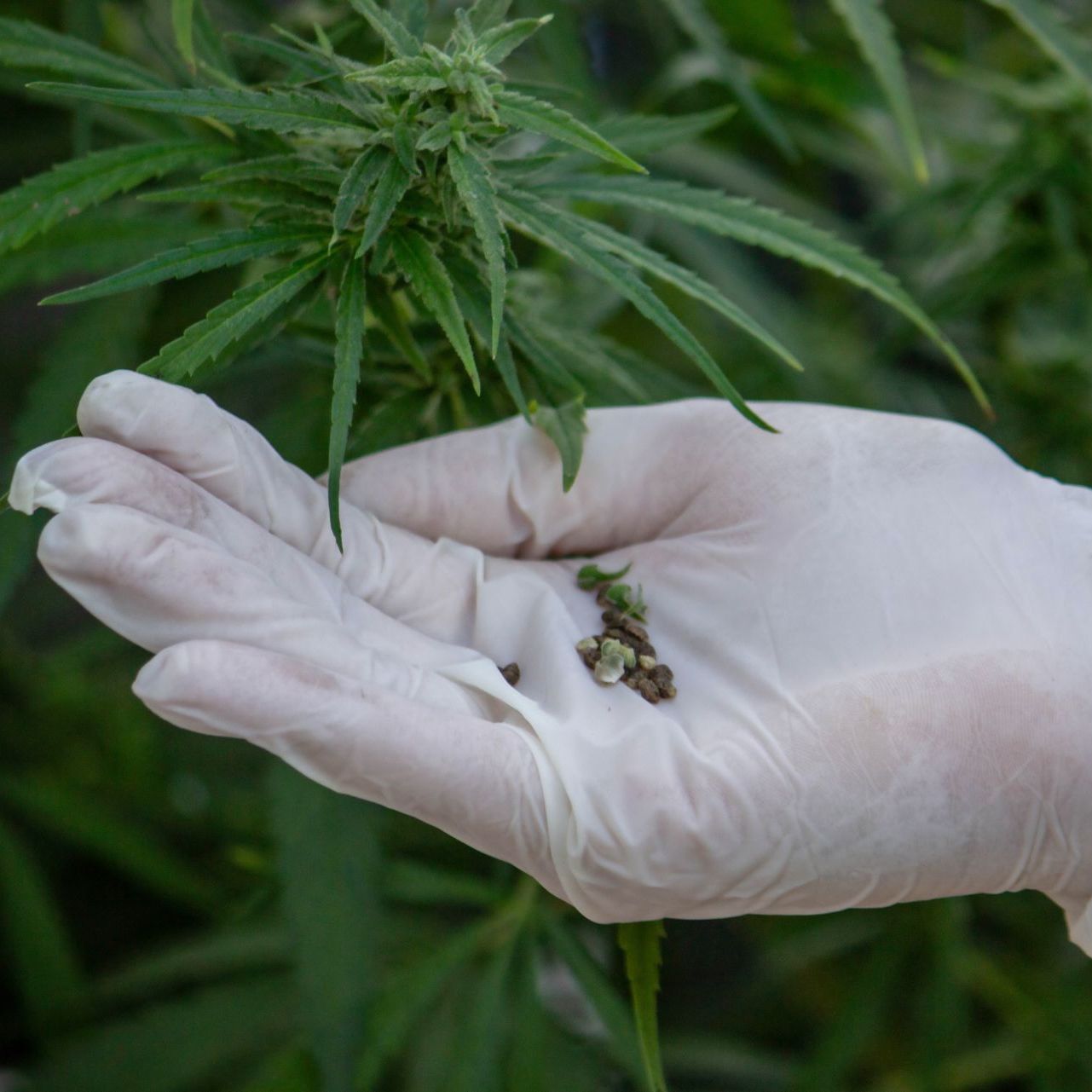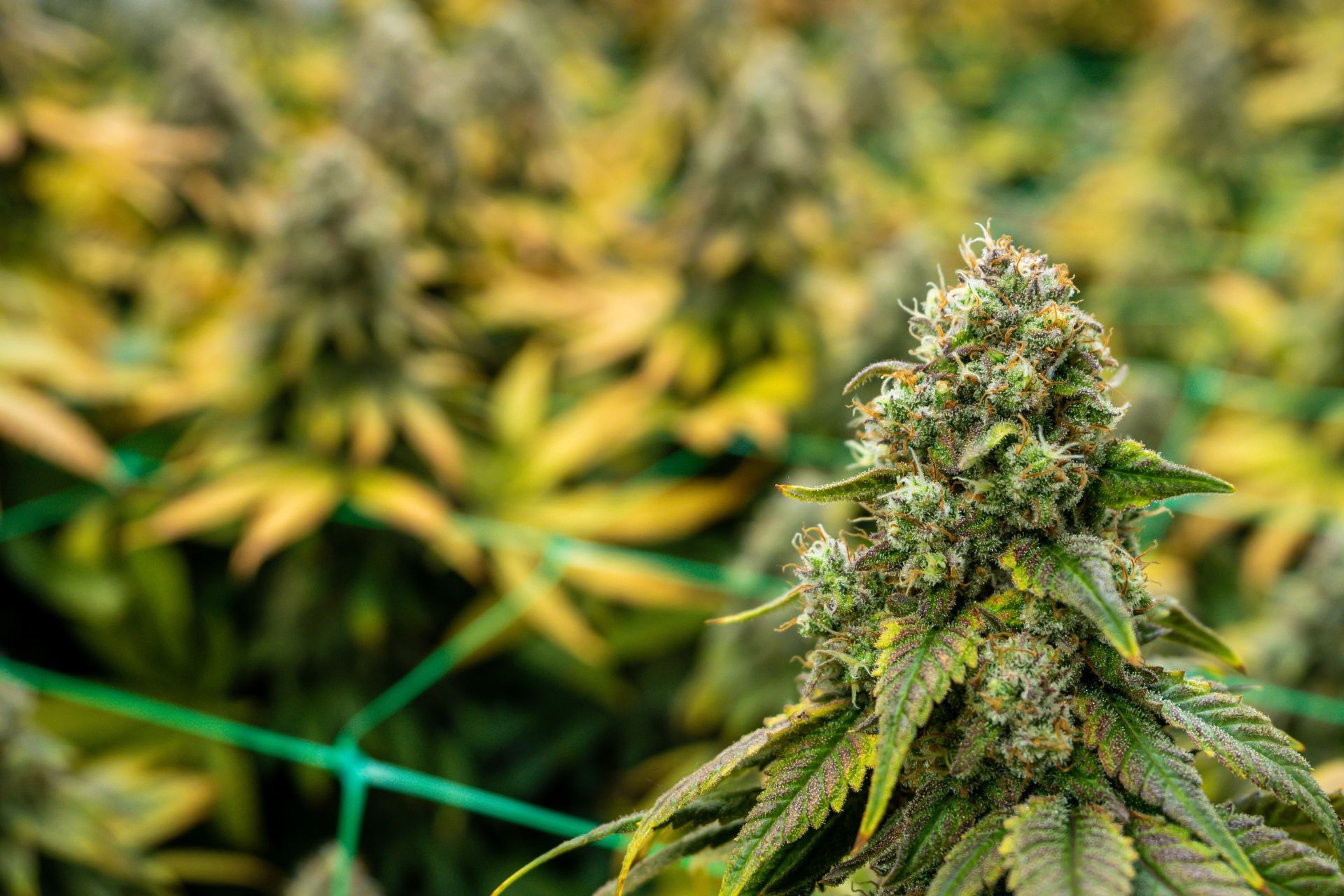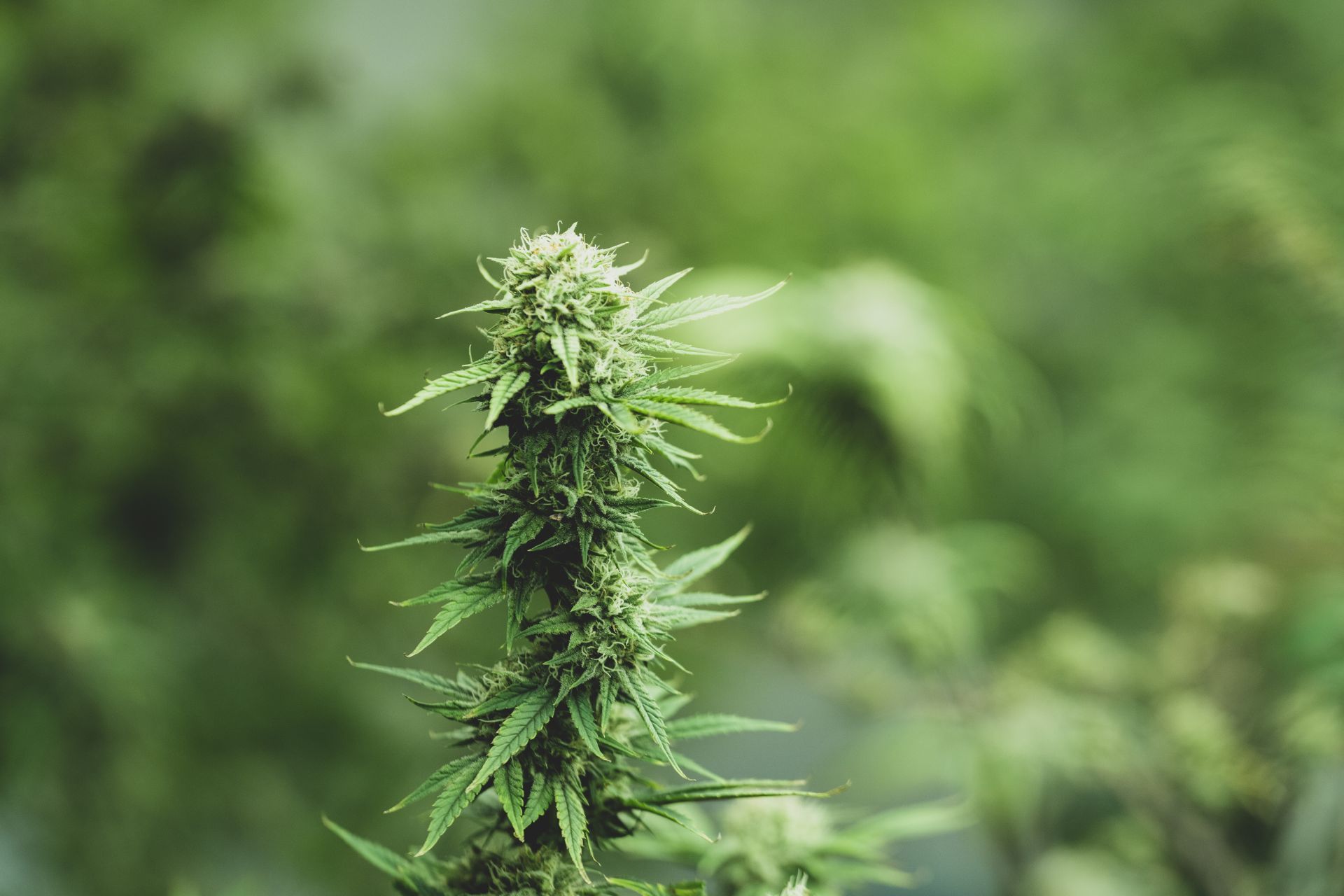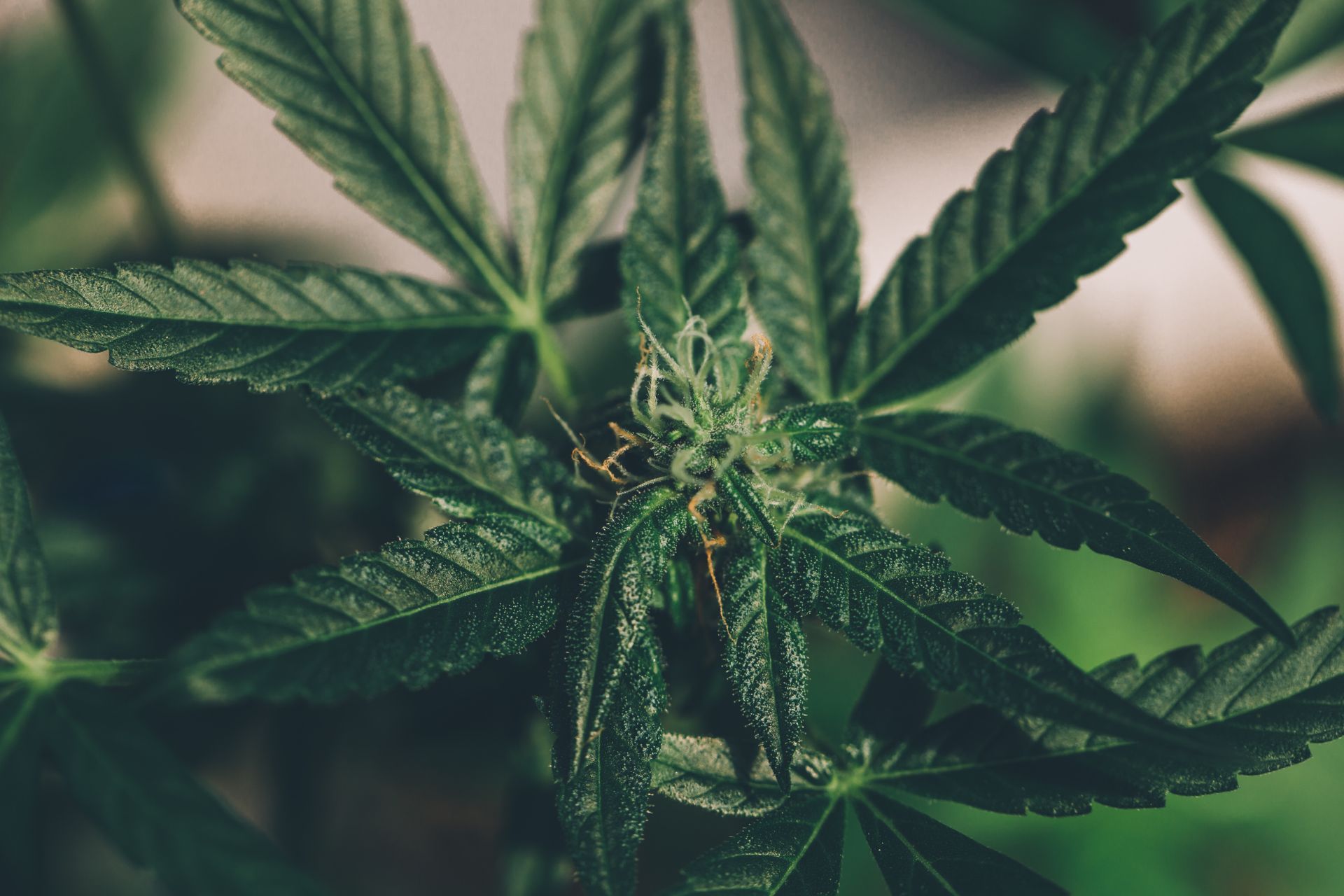Running a marijuana dispensary in Alaska comes with a unique set of challenges, not least of which is navigating the complex insurance landscape. With Alaska’s marijuana tax rate among the highest in the nation and a thriving legal market competing against a persistent black market, dispensary owners face financial pressures that make understanding insurance coverage and costs essential. This guide breaks down what dispensaries need to know about insurance in Alaska, highlighting key risks, coverage options, and cost factors.
Alaska collected over $30 million in marijuana tax revenue in fiscal year 2021 alone, reflecting the size and importance of the industry to the state’s economy. Yet, with a tax rate of $50 per ounce, legal businesses often struggle to stay competitive. The Alaska House of Representatives recently passed House Bill 119, aiming to reduce this tax to a 7% sales tax, a move that could reshape the financial landscape for dispensaries. Understanding insurance costs within this evolving framework is crucial for operators looking to protect their investments while managing expenses effectively. For more on the tax situation, see the Alaska Beacon report.
Why Insurance is Critical for Alaska Dispensaries
Dispensaries operate in a highly regulated and sometimes unpredictable environment. From product liability to property damage and employee injuries, the risks are many and varied. Insurance provides a safety net that protects businesses from potentially devastating financial losses.
Unlike many other retail operations, marijuana dispensaries face additional scrutiny and legal complexities. For example, cash-heavy operations due to banking restrictions increase theft risks. Meanwhile, compliance with state regulations requires careful documentation and risk management strategies. Without proper insurance, a single lawsuit or theft incident could cripple a dispensary.
Moreover, Alaska’s marijuana tax system, with its high per-ounce tax, places extra financial strain on businesses, making cost-effective insurance solutions even more necessary. The industry’s legislative liaison, Lacy Wilcox, has noted that businesses are “all in survival mode,” emphasizing the collective challenges faced by dispensaries in the state. This context makes understanding insurance coverage and cost structures vital for long-term sustainability.
In addition to the financial protection that insurance offers, it also plays a crucial role in fostering consumer trust. Customers are more likely to engage with dispensaries that are insured, as it signals a commitment to professionalism and accountability. This is particularly important in Alaska, where the market is still maturing and public perception can significantly impact a business's success. Dispensaries that prioritize insurance not only safeguard their assets but also enhance their reputation, thereby attracting a loyal customer base.
Furthermore, the evolving legal landscape surrounding cannabis in Alaska necessitates that dispensaries stay informed about their insurance options. As regulations change, so too do the risks associated with operating a dispensary. For instance, new laws may introduce additional liabilities or alter existing compliance requirements. By regularly reviewing and updating their insurance policies, dispensaries can ensure they are adequately protected against emerging threats, thereby positioning themselves for growth in a dynamic market.

Article By: Deb Sculli
Cannabis Insurance Specialist
TruePath Insurance is fully licensed and authorized to provide comprehensive insurance solutions across multiple states.
We proudly serve individuals and businesses nationwide, offering access to trusted regional and national carriers. Our goal is to help clients find reliable, affordable coverage that aligns with their goals—whether for personal protection, business stability, or long-term financial security.
Common Insurance Coverages for Marijuana Dispensaries
General Liability Insurance
This is the foundation of any dispensary’s insurance portfolio. It covers bodily injury, property damage, and personal injury claims arising from daily business operations. For example, if a customer slips and falls inside the dispensary, general liability insurance helps cover medical expenses and legal fees. Additionally, this coverage can also protect against claims resulting from advertising injuries, such as defamation or copyright infringement, which can be particularly relevant in an industry where branding and marketing play a crucial role in attracting customers.
Product Liability Insurance
Given the nature of marijuana products, product liability insurance is crucial. It protects against claims related to product defects or adverse effects experienced by consumers. This coverage is especially important as the industry grows and faces increased scrutiny over product safety and quality control. As dispensaries often sell a variety of products, including edibles, oils, and topicals, the potential for adverse reactions can vary widely. Therefore, having robust product liability insurance not only safeguards the business but also reinforces consumer trust in the quality and safety of the products offered.
Property Insurance
Dispensaries often invest heavily in their physical locations, including security systems and specialized storage. Property insurance covers damage from fire, theft, vandalism, and natural disasters. Considering Alaska’s weather and remote locations, this coverage is indispensable. Moreover, with the high value of cannabis inventory, dispensaries may also consider additional coverage options, such as business interruption insurance, which can help mitigate losses in the event that the dispensary is forced to close temporarily due to a covered incident, ensuring that the business can recover more swiftly.
Workers’ Compensation Insurance
Required by law for most businesses, workers’ compensation covers medical expenses and lost wages if employees are injured on the job. The cannabis industry can involve physical labor, such as inventory handling and security duties, making this coverage a necessity. Furthermore, as dispensaries often employ a diverse workforce, including budtenders and delivery personnel, it is essential to ensure that all employees are adequately protected. This not only helps in compliance with legal requirements but also fosters a safer work environment, which can lead to increased employee morale and retention.
Commercial Auto Insurance
If your dispensary operates delivery vehicles or transports products, commercial auto insurance protects against accidents and liability claims related to vehicle use. This coverage is vital not only for protecting the vehicles but also for safeguarding the products being transported, which can be of significant value. Additionally, dispensaries that offer delivery services must be particularly vigilant about the regulations governing the transportation of cannabis products, making comprehensive commercial auto insurance an essential part of their operational strategy.
Cyber Liability Insurance
With increasing reliance on digital systems for sales, inventory, and customer data,
cyber liability insurance shields dispensaries from data breaches and cyberattacks. This coverage is becoming more relevant as technology advances and threats evolve. As dispensaries collect sensitive customer information, including payment details and medical records, the potential fallout from a data breach can be severe, leading to financial loss and reputational damage. Investing in cyber liability insurance not only provides financial protection but also demonstrates a commitment to safeguarding customer privacy and data security, which is increasingly becoming a priority for consumers in today's digital age.

Factors Influencing Insurance Costs for Alaska Dispensaries
Insurance premiums vary widely depending on several factors unique to Alaska’s cannabis industry. Understanding these can help dispensary owners anticipate costs and tailor coverage to their needs.
High Marijuana Tax Rates
Alaska’s $50 per ounce tax rate is among the highest nationwide, creating financial pressure on legal operators. This tax burden can indirectly impact insurance costs, as businesses may seek to minimize premiums while maintaining adequate protection. The recent legislative effort to reduce this tax to a 7% sales tax could ease some of these pressures if passed into law. For details on this development, visit Cannabusiness Plans. Additionally, the high tax rates can lead to increased consumer prices, which may affect sales volumes and, consequently, the overall financial health of dispensaries. If the tax reform succeeds, it could not only lower operational costs but also enhance the competitive edge of legal dispensaries against the black market.
Market Competition and Black Market Impact
The persistent black market undercuts legal dispensaries, forcing them to operate with tighter margins. This environment can increase risk factors, such as theft or fraud, which insurers consider when setting premiums. The Alaska Beacon highlights how businesses are pleading for tax relief to better compete with illicit operators. Furthermore, the prevalence of the black market can create a perception of instability within the industry, which may lead insurers to raise premiums due to perceived higher risks associated with operating in a competitive and often volatile market.
Location and Property Risks
Alaska’s unique geography and climate affect property insurance costs. Remote locations may face higher premiums due to limited emergency services, while harsh weather conditions increase risks of damage. Dispensaries in urban centers might pay more for theft coverage due to higher crime rates. Moreover, the logistical challenges of transporting cannabis products in Alaska’s vast and rugged terrain can also influence insurance costs. Businesses must consider the risks associated with delivery, including vehicle accidents and product spoilage, which can further complicate their insurance needs.
Business Size and Revenue
Larger dispensaries with higher sales volumes generally pay more for insurance but may benefit from economies of scale or bundled policies. Alaska’s marijuana retail sales reached approximately $132 million in the first half of 2024, with total sales since the program’s inception exceeding $1.48 billion, indicating a maturing market with diverse business sizes. As the market evolves, smaller dispensaries may find it increasingly challenging to compete, prompting them to seek innovative insurance solutions that cater specifically to their unique operational needs and financial constraints.
Claims History and Risk Management
Dispensaries with a history of claims or poor risk management practices face higher premiums. Investing in security, employee training, and compliance programs can reduce risks and lower insurance costs over time. Additionally, implementing advanced surveillance systems and regular audits can bolster a dispensary's risk profile, making them more attractive to insurers. As the industry matures, the adoption of best practices in risk management will likely become a crucial factor in securing favorable insurance terms.
Industry Trends and External Factors
Inflation, staffing challenges, and technological advancements also influence insurance pricing. Industry expert Kohler points out that 2024’s biggest challenges include inflation and the integration of AI, which affect underwriting and claims processing. Staying informed about these trends can help dispensaries negotiate better coverage terms. The rise of telematics and data analytics in the insurance sector could also provide dispensaries with valuable insights into their operations, allowing them to identify potential risks and optimize their insurance strategies. More insights are available at
Digital AK BizMag.
How Alaska’s Marijuana Industry Affects Health Insurance Costs
The legalization of medical marijuana has broader implications beyond dispensaries themselves. Studies show that states with legal medical marijuana have seen significant reductions in health insurance premiums, averaging $1,663 less annually seven years after legalization. This trend suggests potential cost savings for businesses and individuals alike.
However, Alaska remains an outlier with health insurance premiums nearly 40% above the national average, the highest in the country. This disparity highlights the state’s unique healthcare challenges and underscores the importance of comprehensive insurance planning for dispensary owners and employees. For a detailed report, see the Alaska Policy Forum.

Tips for Choosing the Right Insurance for Your Dispensary
Assess Your Specific Risks
Every dispensary faces different risks depending on size, location, and operations. Conduct a thorough risk assessment to identify the coverages that matter most to your business.
Work with Experienced Brokers
Insurance agents familiar with Alaska’s cannabis industry can navigate the complex regulatory environment and find policies tailored to your needs. Their expertise can uncover discounts and coverage options you might miss on your own.
Bundle Policies When Possible
Combining general liability, property, and workers’ compensation insurance can often reduce overall premiums. Bundling simplifies management and may provide better coverage terms.
Invest in Risk Management
Implementing strong security measures, employee training, and compliance programs lowers your risk profile. Insurers reward proactive businesses with lower premiums and fewer claim disputes.
Stay Updated on Legislative Changes
Alaska’s marijuana laws and tax policies are evolving. Keeping abreast of changes like House Bill 119 can help you anticipate shifts in operating costs and insurance requirements.
Understanding Insurance Costs: A Sample Breakdown
| Coverage Type | Estimated Annual Cost | Key Considerations |
|---|---|---|
| General Liability | $1,200 - $3,000 | Depends on sales volume and location risk |
| Product Liability | $2,000 - $5,000 | Higher for dispensaries with extensive product lines |
| Property Insurance | $1,500 - $4,000 | Varies with property value and security features |
| Workers’ Compensation | $800 - $2,500 | Based on number of employees and job roles |
| Cyber Liability | $500 - $1,500 | Essential for dispensaries with online sales or data storage |
These estimates offer a starting point but can fluctuate based on individual business profiles and market conditions. Consulting with an insurance professional can provide a more precise quote tailored to your dispensary.
What to Remember When Managing Insurance for Your Dispensary
Insurance is not just a regulatory checkbox; it’s a strategic tool that safeguards your business’s future. Alaska’s marijuana industry is growing but faces hurdles like high taxes and black market competition. Insurance helps level the playing field by mitigating risks that could otherwise derail operations.
Stay proactive by reviewing policies annually, updating coverage as your business evolves, and maintaining open communication with your insurer. The right insurance plan balances cost with comprehensive protection, allowing you to focus on serving customers and growing your dispensary.
For ongoing updates on Alaska’s cannabis industry and related insurance developments, resources like Cannabusiness Plans provide valuable insights.
Frequently Asked Questions
Q: Is insurance mandatory for marijuana dispensaries in Alaska?
A: While some coverages like workers’ compensation are legally required, other policies such as general liability and product liability are strongly recommended to protect your business.
Q: How does Alaska’s marijuana tax affect insurance costs?
A: High taxes increase financial pressure on dispensaries, which can influence the types of coverage businesses can afford. Legislative efforts to reduce taxes may ease this burden in the future.
Q: Can dispensaries get insurance for black market risks?
A: Insurance typically covers legal business risks. Black market competition is a market challenge rather than an insurable risk, but security and theft coverage can help mitigate some related losses.
Q: How can dispensaries lower their insurance premiums?
A: Investing in security, maintaining a clean claims history, bundling policies, and working with knowledgeable brokers can help reduce costs.
Q: Does cyber liability insurance cover online sales platforms?
A: Yes. Cyber liability insurance protects against data breaches, hacking, and other cyber risks associated with online sales and customer data management.
Q: Are health insurance premiums affected by marijuana legalization?
A: Studies indicate states with legal medical marijuana have seen reductions in health insurance premiums, though Alaska’s premiums remain high compared to the national average.
Q: What should dispensaries do if they expand or change operations?
A: Review and update insurance policies regularly to ensure coverage matches current risks and business activities.
About The Author: Deb Sculli
I’m Deb, a Cannabis Insurance Specialist focused on helping dispensaries, cultivators, and cannabis-related businesses find the right protection. With a strong understanding of the industry’s regulations and risks, I work hard to simplify the insurance process—so my clients stay compliant and confidently safeguard their operations and investments.
Contact Us
WHO WE HELP
Serving the Cannabis Supply Chain
We cover licensed operators at every stage.
OUR BLOGS
Resources for Cannabis Business Owners
Stay informed and protected with our latest posts.
COMMON QUESTIONS
Cannabis Insurance Made Clear
Answers to the questions we hear most from cannabis business owners.
What types of insurance do you offer for cannabis businesses?
We offer commercial property, general liability, product liability, crop insurance, workers’ compensation, and cyber liability tailored to cannabis operations. These policies address the most common risks, such as crop loss, product claims, and facility damage.
Our agents will help you match the right coverage to your business type and scale, whether you're a dispensary, grower, processor, or distributor.
Why is specialized cannabis insurance necessary?
Standard business policies often exclude cannabis-related activities, which leaves significant exposure gaps. Cannabis-specific insurance covers unique industry risks like product recalls, crop theft, and regulatory compliance.
Having the right policy also satisfies licensing, leasing, and vendor requirements, allowing your business to operate legally and securely.
How does your agency ensure compliance with state regulations?
Many states require proof of specific insurance types before issuing or renewing cannabis licenses. We stay up-to-date on regulatory changes and ensure your policies meet state and local mandates.
That means you avoid surprises during audits or inspections and maintain good standing with licensing authorities.
How fast can I get a quote and bind coverage?
Request a quote and you’ll typically receive a custom proposal within 24 hours. Once you review and accept it, coverage can often be bound the same day, so your business isn’t left exposed.
We streamline documentation and communication to make setup fast and clear—no confusing forms or delays.
Do you support multi-state cannabis businesses?
Yes. We are licensed to operate in 36 states, including major cannabis markets. Whether you’re operating in one state or across several, we can design policies that address your regulatory and risk needs.
As you expand, our team adjusts your coverage accordingly—keeping your protection consistent across state lines.
What should I consider when selecting cannabis insurance?
Begin by identifying your key exposures—crop value, product inventory, employee safety, or cyber data. From there, choose coverage that aligns with these risks instead of opting for a basic or low-cost solution.
Also, look for a provider with cannabis expertise and responsive claims support—this experience helps during actual loss events.
Contact Us
Phone
Address


